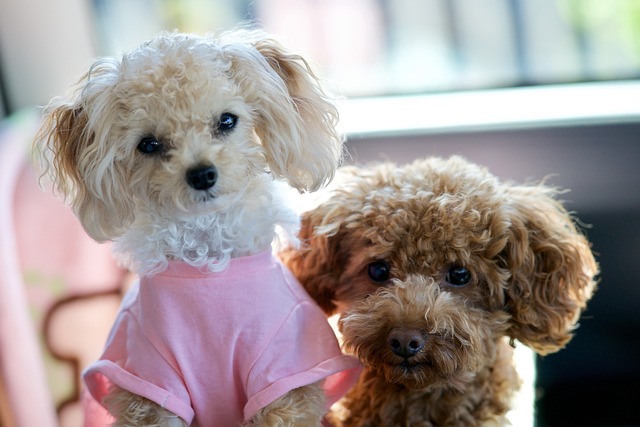
How to Train a Poodle to Use a Designated Spot for Toilet?
Poodles, with their sharp minds and eagerness to please, respond well to consistent toilet training—but it starts with picking the right spot.
Puppy chewing can drive even the most patient dog owner to their wit's end. You come home to find your favorite shoes destroyed, furniture legs gnawed beyond recognition, and mysterious wet spots on everything. Before you lose your cool, let's talk about why puppies chew and how to redirect this natural behavior constructively.
Chewing is as essential to puppies as teething is to human babies. Those sharp little teeth emerging need appropriate outlets, just like toddlers need teething rings. The difference? Human babies don't destroy your $200 leather boots. Understanding this developmental stage helps us approach the situation with empathy rather than frustration.
First, puppy-proof your home like you would for a curious toddler. Electrical cords become irresistible chew toys to pups, presenting serious dangers. Use cord protectors or bitter apple spray as deterrents. Keep shoes in closed closets and remote controls out of reach. Prevention eliminates about 80% of chewing incidents before they happen.
When you catch your pup mid-chew on something inappropriate, resist yelling. Instead, calmly say "Oops!" or "Ah-ah" while removing the object. Immediately replace it with an approved chew toy, then praise enthusiastically when they take it. This teaches what's acceptable through positive reinforcement rather than punishment.
Stock up on various textured chew toys - rubber, rope, frozen washcloths - to satisfy different chewing urges. Rotate toys weekly to maintain novelty. Kong toys stuffed with frozen peanut butter or yogurt create rewarding challenges that keep pups occupied for hours. A tired, mentally stimulated puppy chews less destructively.
Schedule matters more than you might think. Puppies often chew excessively when bored or under-exercised. Ensure adequate physical activity through short walks and play sessions. Mental stimulation through basic training exercises also helps burn energy productively. A 15-minute training session can tire a pup more than an hour of walking.
For persistent chewers, consider taste deterrents like bitter apple spray on furniture legs. These non-toxic solutions make items taste unpleasant without harming your pet. Always test on a small area first to ensure it doesn't damage surfaces.
Remember that this phase passes. Most dogs outgrow destructive chewing by 18-24 months with consistent guidance. The key lies in patience, proper outlets for their energy, and understanding that chewing is natural canine behavior, not spiteful destruction. Your calm, consistent approach now builds trust and good habits that last a lifetime.
If chewing continues despite your best efforts, consult your veterinarian. Sometimes excessive chewing indicates nutritional deficiencies or anxiety issues requiring professional intervention. But for most pups, time, appropriate toys, and positive reinforcement solve the chewing puzzle.

Poodles, with their sharp minds and eagerness to please, respond well to consistent toilet training—but it starts with picking the right spot.
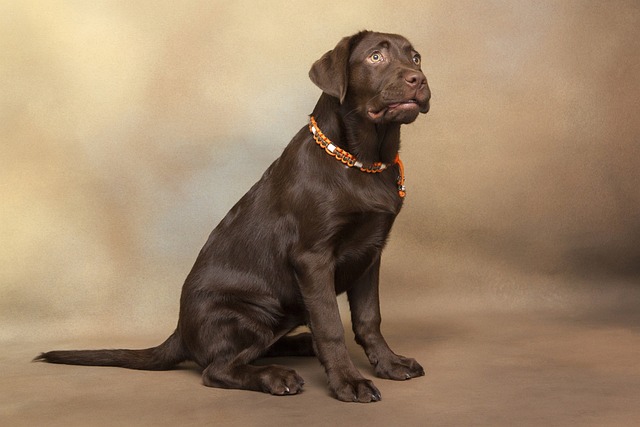
Labrador Retrievers thrive on positive interaction, so start training as soon as you bring your pup home—ideally between 8 and 12 weeks old.
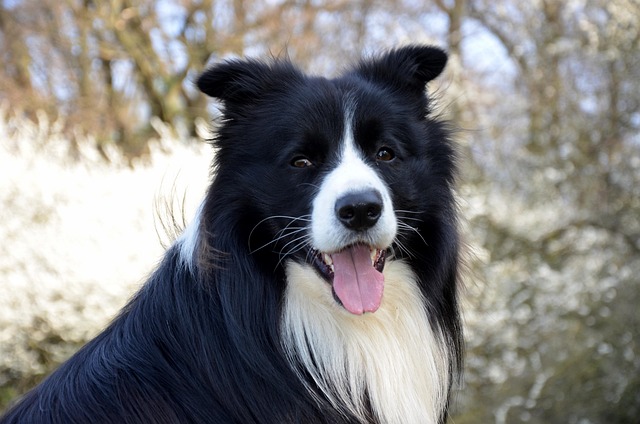
Border Collies thrive on routine, so start by picking a consistent spot—maybe near your backyard patio or a patch of grass that’s easy to access.
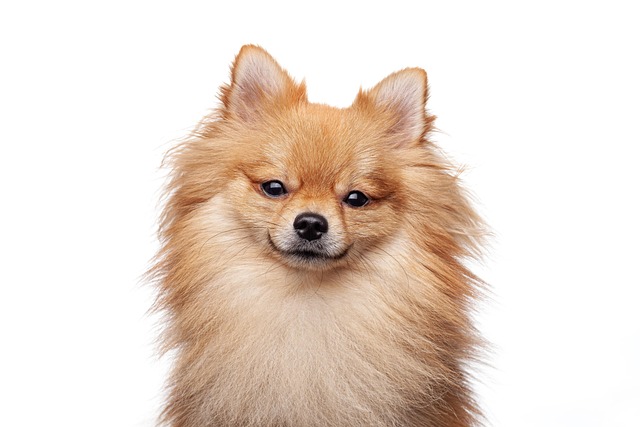
Pomeranians, with their fluffy coats and spunky personalities, are a popular pick for many dog lovers, but their small size can make housebreaking feel tricky at first.
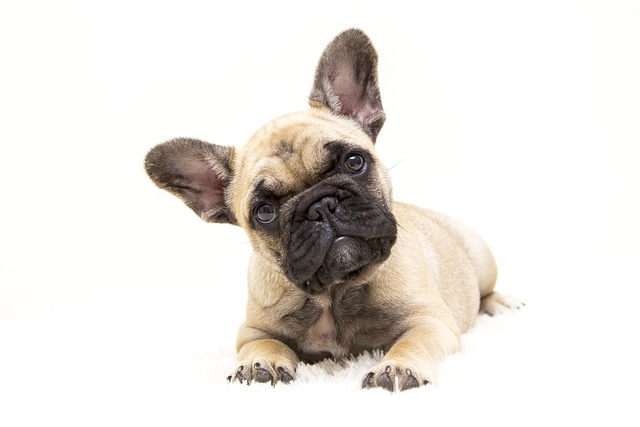
Many new dog owners quickly learn that potty training success varies wildly by breed, and some pups pose unique challenges.
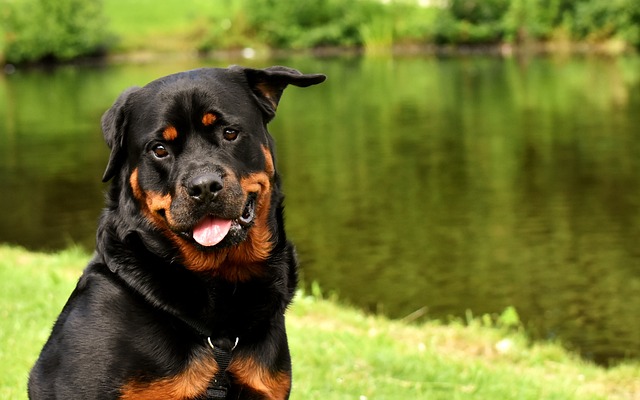
If you live in a high-rise apartment or a home without immediate yard access, training pads can feel like a lifesaver during the potty training phase.